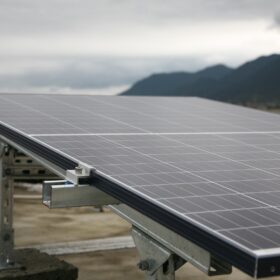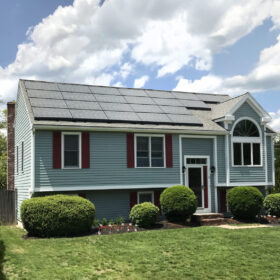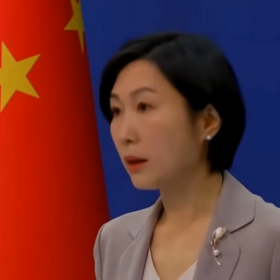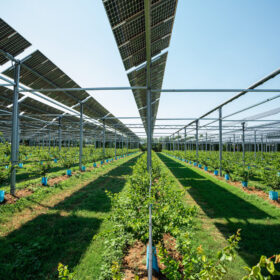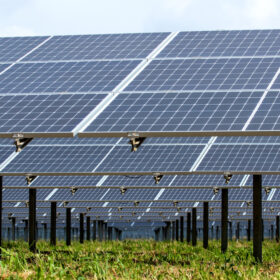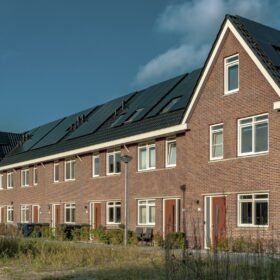European Parliament adopts EU electricity market reforms
The European Parliament has adopted electricity market reforms aimed at making the European Union’s electricity market more stable, affordable, and sustainable. The reforms include a focus on two-way contracts for difference (CfD), a mechanism to declare electricity price crises, and protections for consumers against volatile prices.
French energy agency introduces anti-greenwashing guide
Ademe, the energy and environmental agency of France, has published an anti-greenwashing guide to help companies to avoid misleading commercial practices in their operations and communications. Companies and institutions have access to an online test for initial self-assessments.
New guide helps US homeowners to go solar
Researchers at Pacific Northwest National Laboratory (PNNL) have published an open-access guide to rooftop solar and battery energy storage that covers costs, incentives and policies.
California Supreme Court to review rooftop solar net metering
California’s highest court granted review to a lawsuit challenging a “regressive” rooftop solar policy called NEM 3.0.
ESIA releases action plan to support Europe’s PV manufacturing industry
The European Solar PV Industry Alliance (ESIA) has published a 10-point action plan geared toward delivering 30 GW of EU solar manufacturing capacity by 2030. It includes calls for targeted financial support, sustainability standards for PV units, and the development of a European Solar Academy and European PV Passport.
‘Protectionism only protects backwardness’
Following news the EU will investigate unspecified Chinese wind turbine suppliers in Europe, Chinese Foreign Ministry Spokesperson Mao Ning has said “many in the world are deeply unsettled by the EU’s rising protectionist tendency”.
France issues new rules for agrivoltaics
The French government has published long-anticipated rules defining conditions for installing PV panels on agricultural areas, with consideration for the coverage rate and acceptable loss of agricultural yield.
How can policy help Portugal decarbonize?
With ambitious decarbonization targets and a favourable regulatory landscape, Portugal is an appealing market for renewable energy developers and producers. Like other European markets, however, Portugal’s clean energy industry faces challenges related to permitting, grid connection, and the availability of remuneration schemes – hurdles which threaten to slow the country’s energy transition.
Weekend Read: A battery worth its salt
While lithium ion battery prices are falling again, interest in sodium ion (Na-ion) energy storage has not waned. With a global ramp-up of cell manufacturing capacity under way, it remains unclear whether this promising technology can tip the scales on supply and demand.
Rooftop solar demand outpacing EU member states readiness, says report
A report from Climate Action Network Europe says residential rooftop solar installations in the EU have grown by 54% year-on-year, but warns a lack of grid capacity and specific strategies for rooftop solar development means member states are not keeping pace with the demand.

